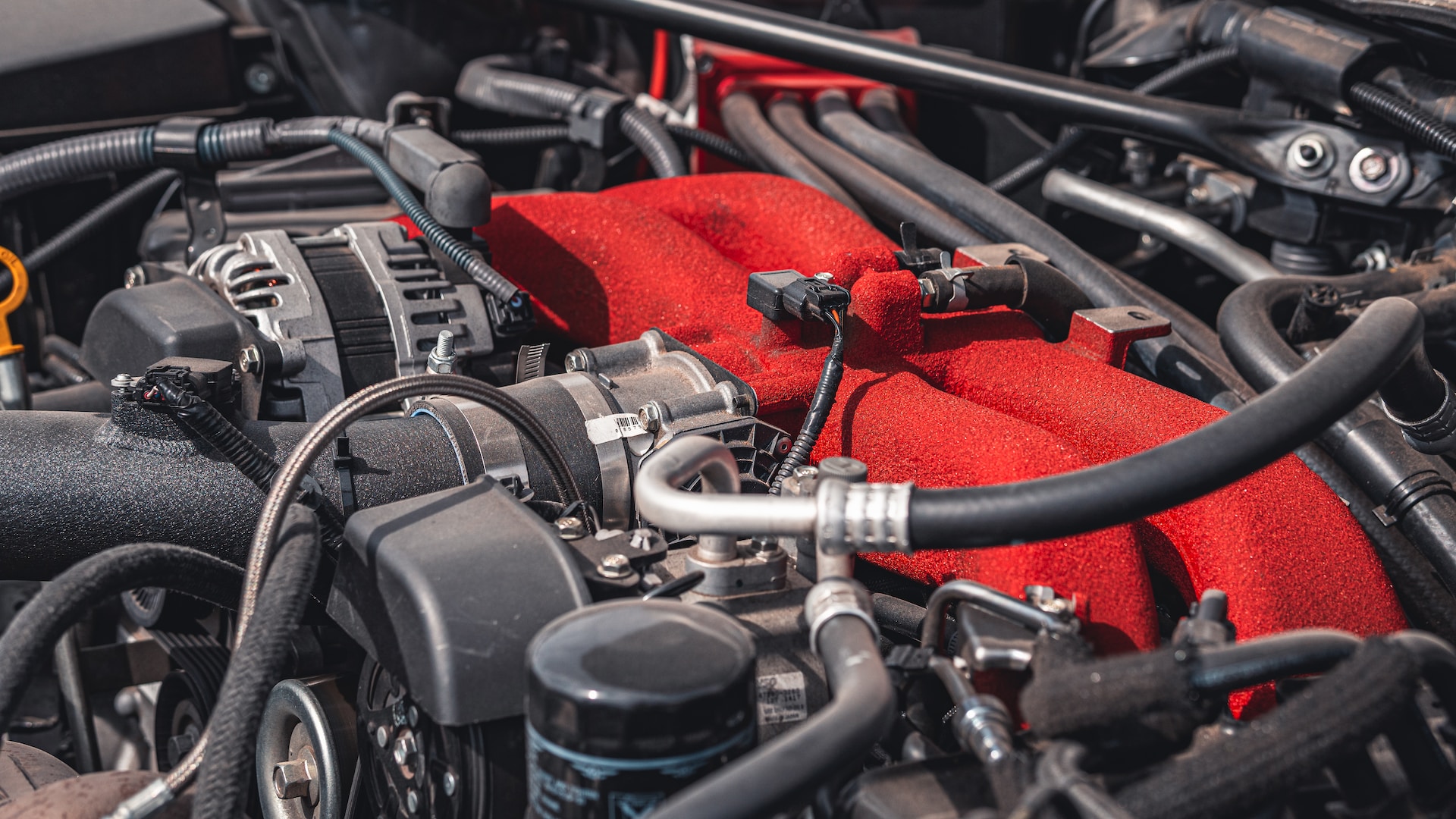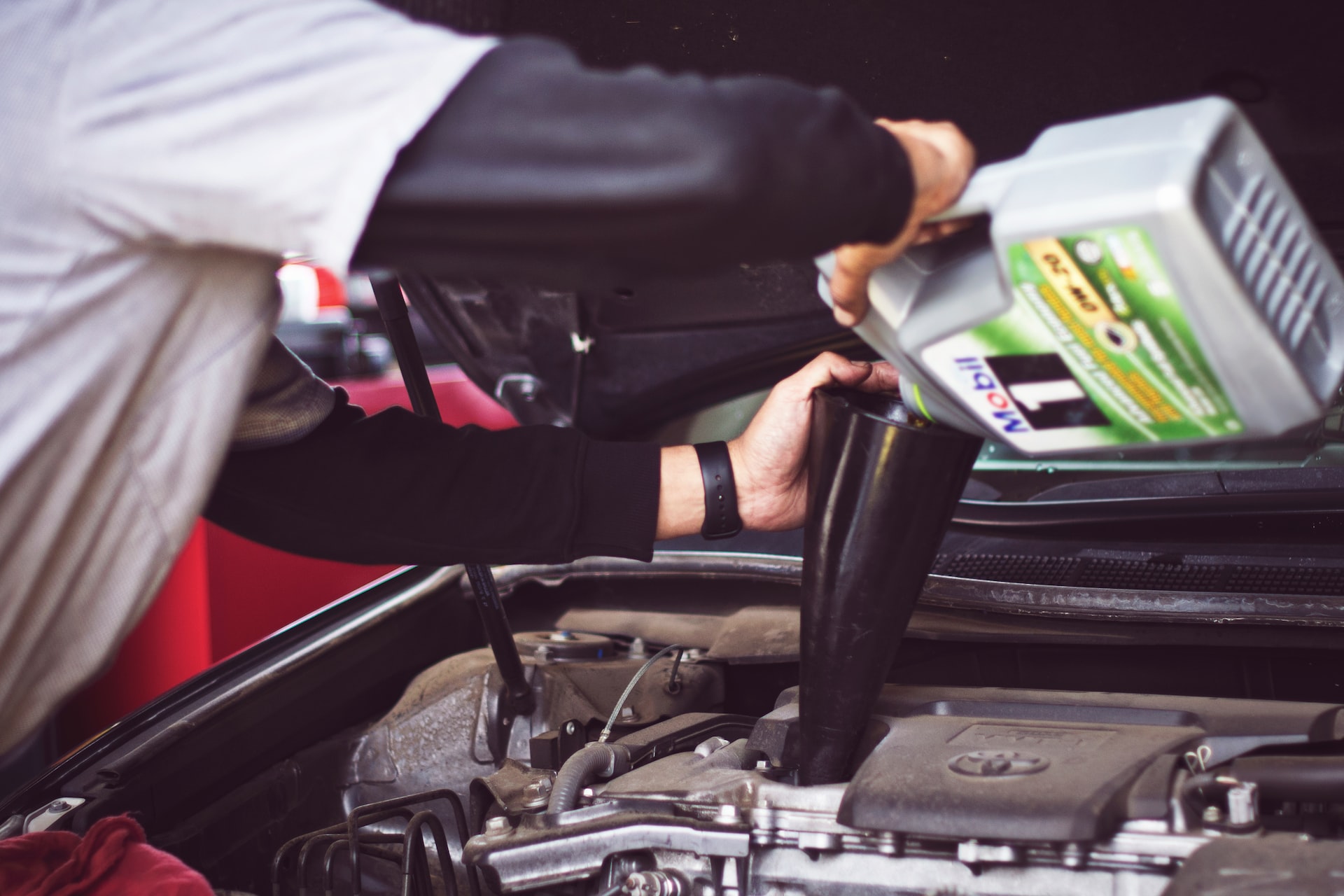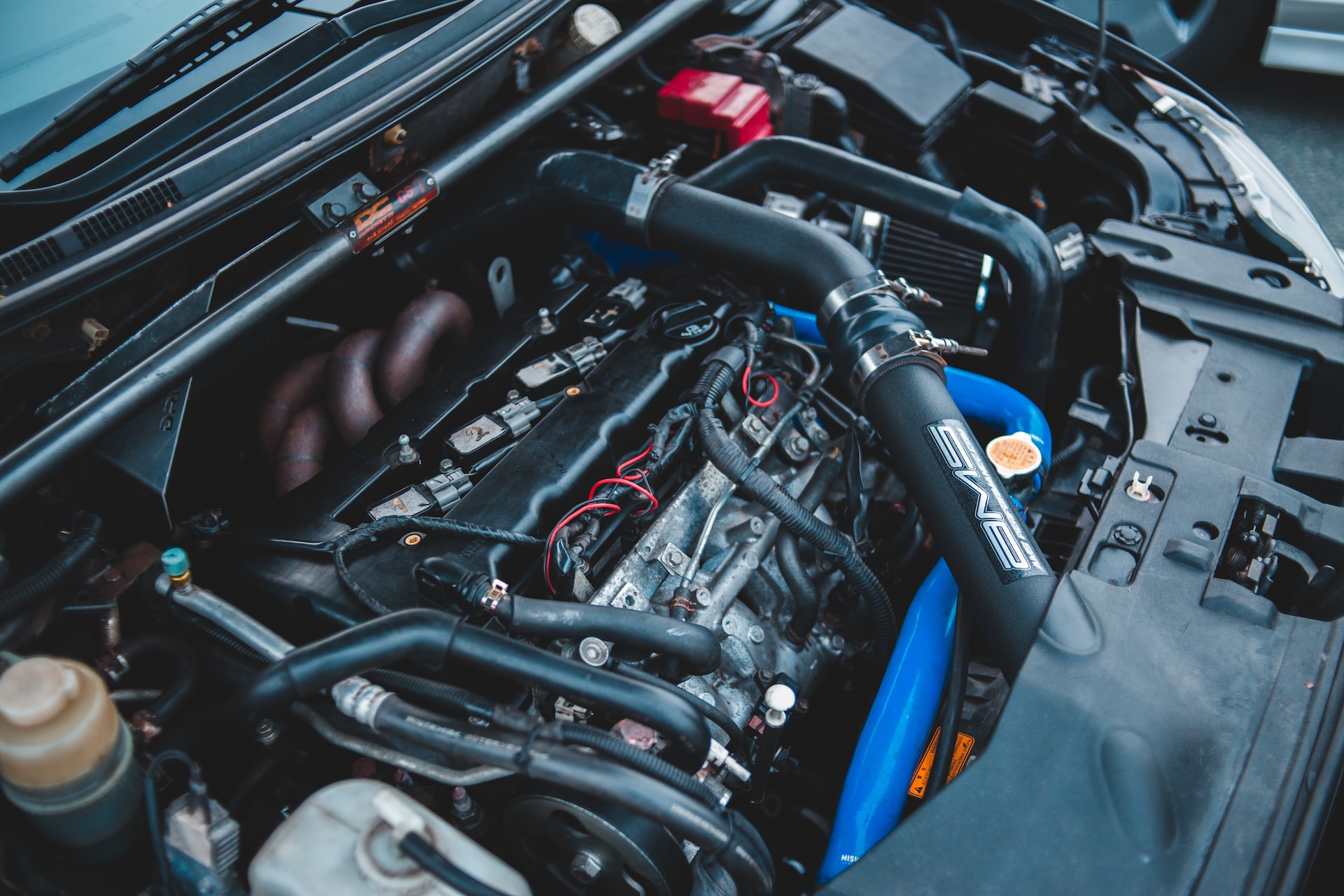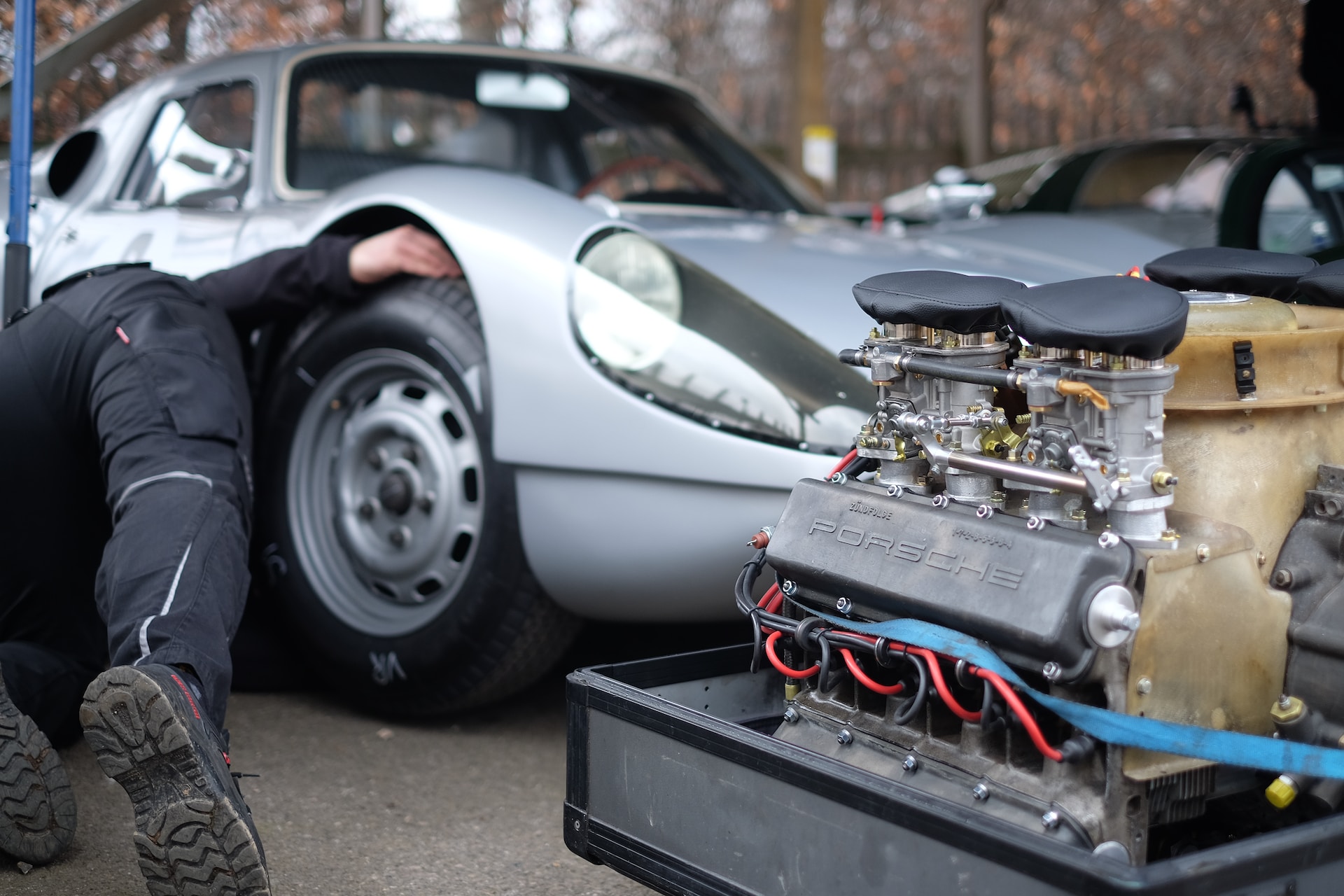Introduction
Every driver dreads the sight of an overheating engine. It can be a frustrating and potentially dangerous situation that calls for immediate attention. Understanding the causes of car overheating is crucial in order to prevent costly repairs and ensure the longevity of your vehicle. In this blog post, we will explore the various factors that can lead to a car overheating and discuss preventive measures to keep your engine running smoothly.
Understanding the Cooling System
To comprehend why a car overheats, it’s essential to familiarize ourselves with the cooling system’s role. The cooling system is responsible for regulating the engine’s temperature and preventing it from overheating. Several key components work in harmony to achieve this:
- Radiator: The radiator acts as a heat exchanger, dissipating heat from the coolant that flows through it.
- Water Pump: The water pump circulates coolant throughout the engine and radiator, maintaining a consistent temperature.
- Thermostat: The thermostat controls the flow of coolant, allowing it to circulate when the engine reaches optimal temperature.
- Cooling Fan: The cooling fan helps dissipate heat by blowing air over the radiator.
- Hoses and Belts: These components transport coolant and drive the water pump, ensuring proper circulation within the cooling system.
What Causes a Car to Overheat?
There are several common causes of car overheating that you should be aware of:
- Insufficient Coolant Levels: Inadequate coolant levels can lead to overheating. This can occur due to leaks in the cooling system, evaporation of coolant over time, or improper coolant mixture. Regular coolant checks and maintenance are essential to prevent this issue.
- Malfunctioning Thermostat: A malfunctioning thermostat can disrupt the coolant flow. A stuck closed thermostat prevents coolant from circulating, causing overheating. Conversely, a stuck open thermostat hampers the engine’s ability to reach optimal temperature, resulting in poor fuel efficiency and reduced performance.
- Faulty Water Pump: A faulty water pump can compromise coolant circulation. Broken impeller blades or a seized bearing can impede the flow of coolant, leading to overheating.
- Cooling System Blockages: Over time, the cooling system may accumulate debris or sediment, resulting in blockages. Radiator clogs, clogged hoses, or blocked coolant passages can hinder the proper flow of coolant, leading to overheating.
- Electric Cooling Fan Failure: Electric cooling fans help maintain proper airflow through the radiator. A blown fuse, faulty relay, or malfunctioning temperature sensor can cause the fan to stop functioning, leading to overheating.
Check Our Blog on: Common Problems after engine replacement
Symptoms of Car Overheating
Recognizing the signs of an overheating engine is crucial to addressing the issue promptly:
- Elevated Engine Temperature Gauge: If the engine temperature gauge rises beyond the normal range, it indicates potential overheating.
- Steam or Smoke from the Engine Compartment: The sight of steam or smoke emanating from the engine compartment suggests overheating and should be addressed immediately.
- Strange Smells: A pungent odor, similar to that of burning rubber or coolant, may indicate overheating.
- Warning Lights on the Dashboard: Modern vehicles are equipped with warning lights that illuminate when the engine temperature rises abnormally. Pay attention to these warning indicators.
Preventive Measures
Prevention is key when it comes to avoiding car overheating. Here are some preventive measures you can take:
- Regular Coolant Checks and Maintenance: Monitor coolant levels and ensure they are at the recommended level. Regularly inspect the coolant for signs of leaks or contamination and flush the system as per the manufacturer’s recommendations.
- Monitoring Temperature Gauge and Warning Lights: Keep an eye on the temperature gauge and dashboard warning lights. If you notice any abnormalities, take immediate action.
- Addressing Leaks Promptly: If you identify a coolant leak, address it promptly to prevent coolant loss and potential overheating. Consult a professional mechanic for repairs.
- Flushing the Cooling System Periodically: Flushing the cooling system removes debris and sediment, minimizing the chances of blockages and overheating. Follow the manufacturer’s guidelines for flushing intervals.
- Replacing Worn-Out Components: Over time, components of the cooling system may wear out. Replace worn-out hoses, belts, or malfunctioning parts to ensure the cooling system functions optimally.
What to Do When Your Car Overheats
If your car shows signs of overheating, follow these immediate steps:
- Safely Pull Over and Turn Off the Engine: Find a safe spot to pull over and turn off the engine to prevent further damage.
- Let the Engine Cool Down: Open the hood and allow the engine to cool down completely. Avoid removing the radiator cap while the engine is hot to prevent injuries.
- Check Coolant Levels and Refill if Necessary: Once the engine has cooled, check the coolant levels. If low, add the appropriate coolant mixture to the reservoir or radiator.
Seeking Professional Assistance
If the issue persists or you are unsure about diagnosing and fixing the problem yourself, seek professional assistance:
- Calling for Roadside Assistance: If you are unable to drive your car safely, call for roadside assistance to have your vehicle towed to a trusted mechanic.
- Getting the Car Inspected by a Mechanic: A qualified mechanic can diagnose the underlying cause of the overheating and provide appropriate repairs or maintenance.
Check Our Bog on: Top Toyota Hybrid Cars
Conclusion
Understanding the causes of car overheating is vital for every driver. By being aware of the common culprits and practicing preventive maintenance, you can reduce the likelihood of an overheating engine and extend the lifespan of your vehicle. Regular coolant checks, monitoring warning indicators, and promptly addressing any issues are key to ensuring a smooth and trouble-free driving experience. Remember, prevention is always better than cure when it comes to car overheating.
FAQ’s
What causes a car to overheat?
A car can overheat due to various reasons, including insufficient coolant levels, a malfunctioning thermostat, a faulty water pump, cooling system blockages, or electric cooling fan failure. These issues can disrupt the proper functioning of the cooling system, leading to overheating.
How can I prevent my car from overheating?
Preventive measures play a crucial role in avoiding car overheating. Regularly check coolant levels and maintain them at the recommended level. Monitor the temperature gauge and dashboard warning lights. Address coolant leaks promptly, flush the cooling system periodically, and replace worn-out components. Following the manufacturer’s maintenance guidelines is essential for preventing overheating.
What should I do if my car overheats?
If your car overheats, take immediate action to prevent further damage. Safely pull over to the side of the road and turn off the engine. Allow the engine to cool down completely before opening the hood. Check coolant levels and refill if necessary. If the issue persists or you are unsure about the cause, seek professional assistance from a mechanic or call for roadside assistance.
Can I continue driving if my car is overheating?
It is not recommended to continue driving if your car is overheating. Overheating can lead to serious engine damage and potentially leave you stranded on the road. It’s crucial to pull over safely and turn off the engine to allow it to cool down. Continuing to drive can exacerbate the problem and result in more costly repairs.
Why Tune in to Used Auto Arena?
Tuning into Used Auto Arena for car updates is a smart decision for several reasons. Firstly, Used Auto Arena provides up-to-date information on the latest trends and developments in the automotive industry, including new models, features, and technologies. This information can help car buyers make informed decisions about their next vehicle purchase and ensure that they are getting the best value for their money.




